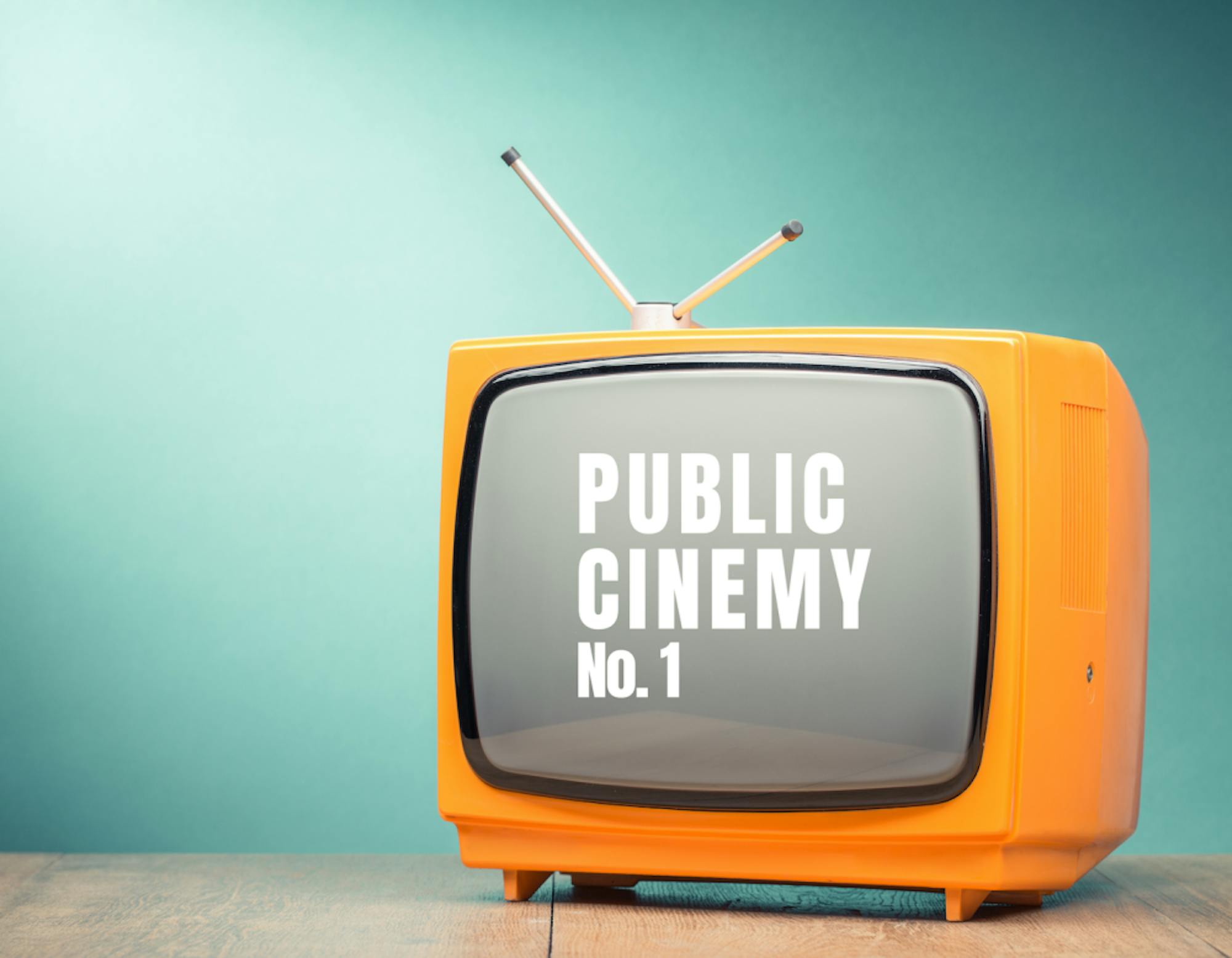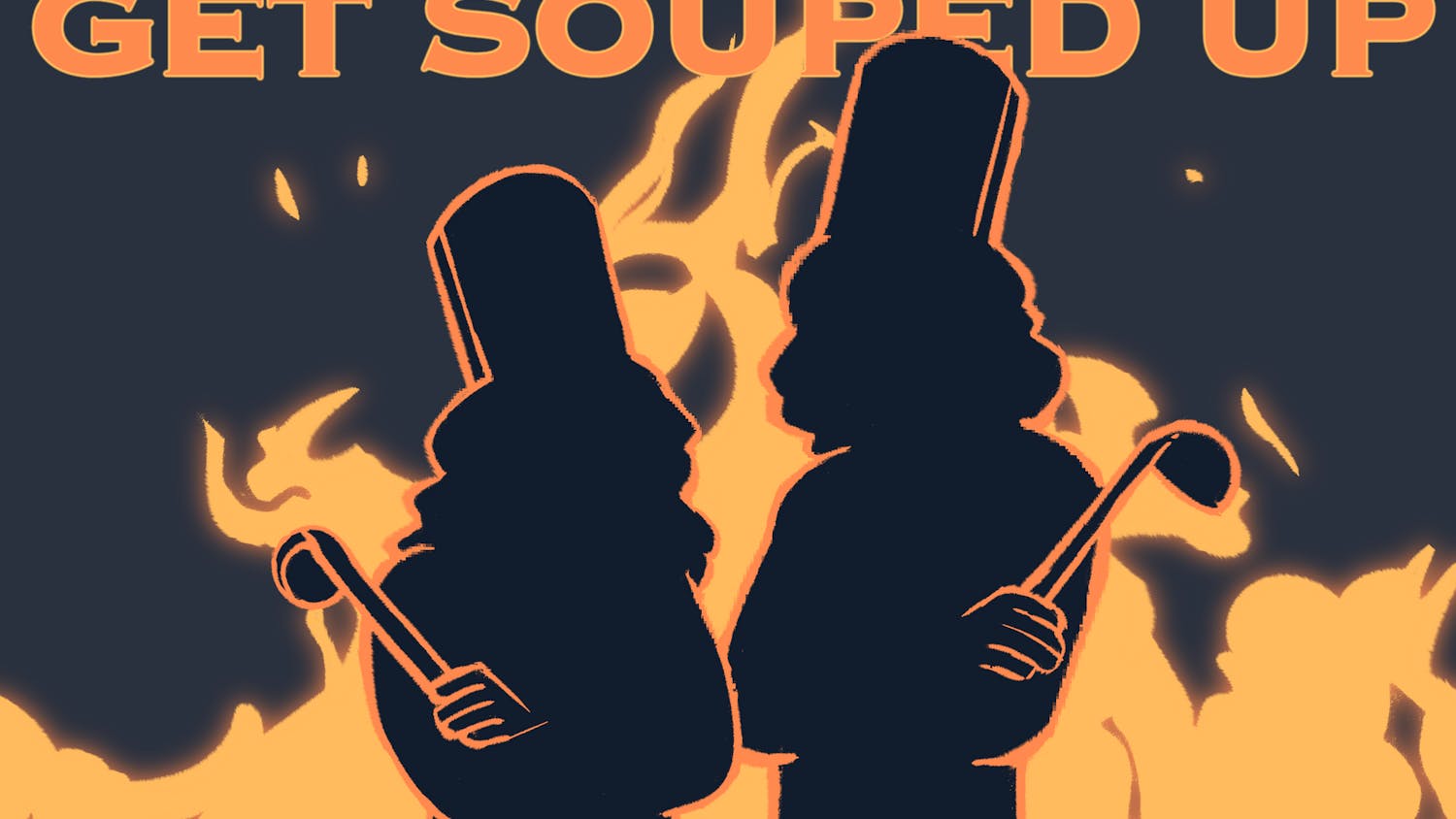The “Scream” franchise has always been self-reflective. Since “Scream” (1996), the movies have reflected, subverted and, at times, invoked various horror tropes. Throughout the initial installment and four sequels later, it has been praised for its clever — and at times feminist — genre commentary. But the newest flick, “Scream” (2022), the first in the installment not directed by Wes Craven, has perhaps taken the schtick one film too far.
The fun thing about the Hollywood “requel” (which the “Scream” characters explain is a term combining “reboot” and “sequel”) trend is the genre awareness it requires. From other sequels such as Marvel’s“Spider-Man: No Way Home” (2021) to “Child’s Play” (2019), audiences are rewarded by understanding the embedded references to prior material. It feels fun — like we’re in on the joke. But this kind of playfulness should be reserved for subtextual comedy, not form the backbone of the movie’s concept.
“Scream” (2022) was made for nostalgia, not bolstered by it. This is clear from the opening sequence, which features a new teenage girl receiving an ominous phone call in a tediously similar manner to Drew Barrymore’scharacter in the original. As the plot unfurls, more previous characters appear — Gale Weathers, Dewey Riley and Sidney Prescott alike. And the jokes! It seems as though every other line is the characters musing on this “requel” concept. One or two jokes like that can be funny, but without moderation they become smug, tedious or both. Why care about the film when every other quip is the creative team shrugging at their own lack of originality?
“Scream” (1996) was a masterpiece of satire and self-reflection by a slasher writer disillusioned with his own medium.As the fifth installment, “Scream” (2022) can do little to advance the story beyond adding iPhones. “Scream” attempts to target reboot culture in the same way the original targeted the slasher genre, but its commentary falls flat. Maybe it’s my inner cynic, but I find it patronizing and overfamiliar. Whereas the 1996 film was a genuine reflection by an artist contemplating his work, the 2022 one is just a corporation taking digs at its dough-raking efforts to more effectively rake in dough. And because one wasartist-directed and one was studio-directed, the first was done subtly and cleverly, while the second was done tediously. None of it is new; it’s lampshading Hollywood greed.
If “Scream” (1996) is a love letter to horror, its 2022 counterpart is a 3 a.m. “u up?” text to capitalism. The characters explain that “requels” introduce new characters and storylines while still invoking the original formula, but this film literally ends with conflict inside the same house as the original. Requels can be done right — the 2019 “Child’s Play” reboot is arguably my favorite horror film — but they have to bring something new to the table. “Scream” (2022) doesn’t. It puts the original inside a salad spinner and oversalts it with winks and nudges. The film epitomizes reboot culture and all it represents. It’s just another soulless attempt at capitalizing on nostalgia.






